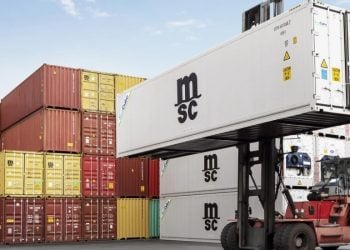By Tom Westcott and Seraj Essul.
Tripoli, 15 July 2013:
Oil production and export remain at a standstill for the Zuetina Oil Company, . . .[restrict]as protests at the oil fields and export terminal enter a third week.
“Workers are still protesting in both the fields and at the port,” a spokesperson for Zuetina told the Libya Herald today. “Even if the port workers don’t protest, there will be no exports because the strikes in the fields have stopped production.”
He said that disgruntled employees were seeking to remove the current management. The strikers, however, say their demands also include holiday pay and wage increases to reflect the high-risk nature of their jobs.
“About six months ago we had the same strike,” one protestor said, “and the company asked us to wait three months, promising they would sort out all the problems, but they have done nothing.”
The company’s lack of action had, he said, sparked this latest wave of protests.
However, Tripoli-based Zuetina employee Ahmed Alshereef told the Libya Herald that the protestors’ demands were not legitimate because they had already been met. “They don’t want to negotiate, they want to get everything by force,” he said, “they are just a few people, and only represent themselves, they do not represent the whole country.”
The strikes are having a knock-on effect on Libya’s power supplies. At yesterday’s Prime Minister’s press conference, Ali Zeidan, Electricity Minister Ali Mohammed Muhairiq and Oil Minister, Abdulbari Al-Arusi all condemned the ongoing protests in the strongest terms, saying the strikers only cared about themselves and their wages.
The protests are also being blamed for the country’s recent power cuts. The shortage of fuel to run the Libya’s oil and gas power station is, Muhairiq said, effectively cancelling out the extra power generated by the new portable units that he had promised would put an end to Ramadan power cuts.
The Zuetina spokesman said the protestors were in talks with Muhairiq and Al-Arusi. Gas production has now restarted but oil production has not. [/restrict]








